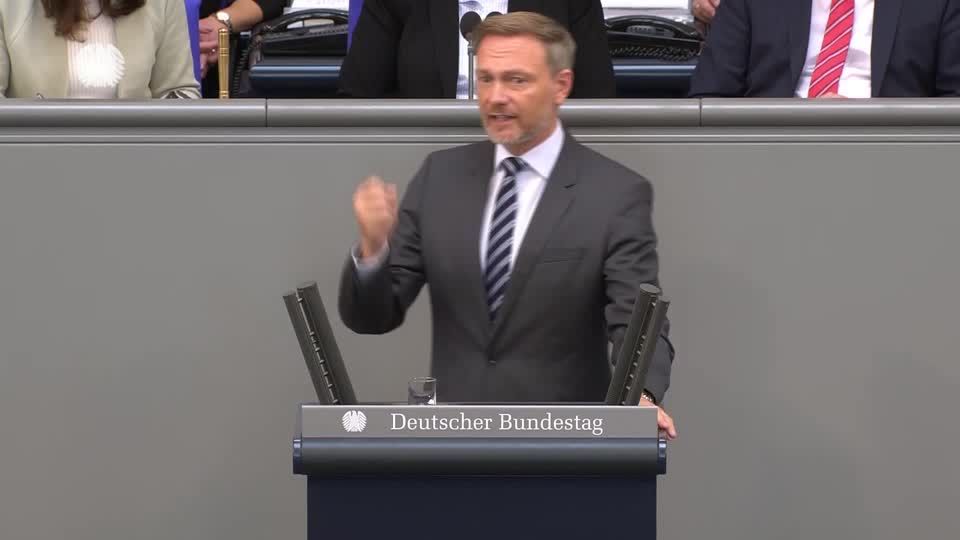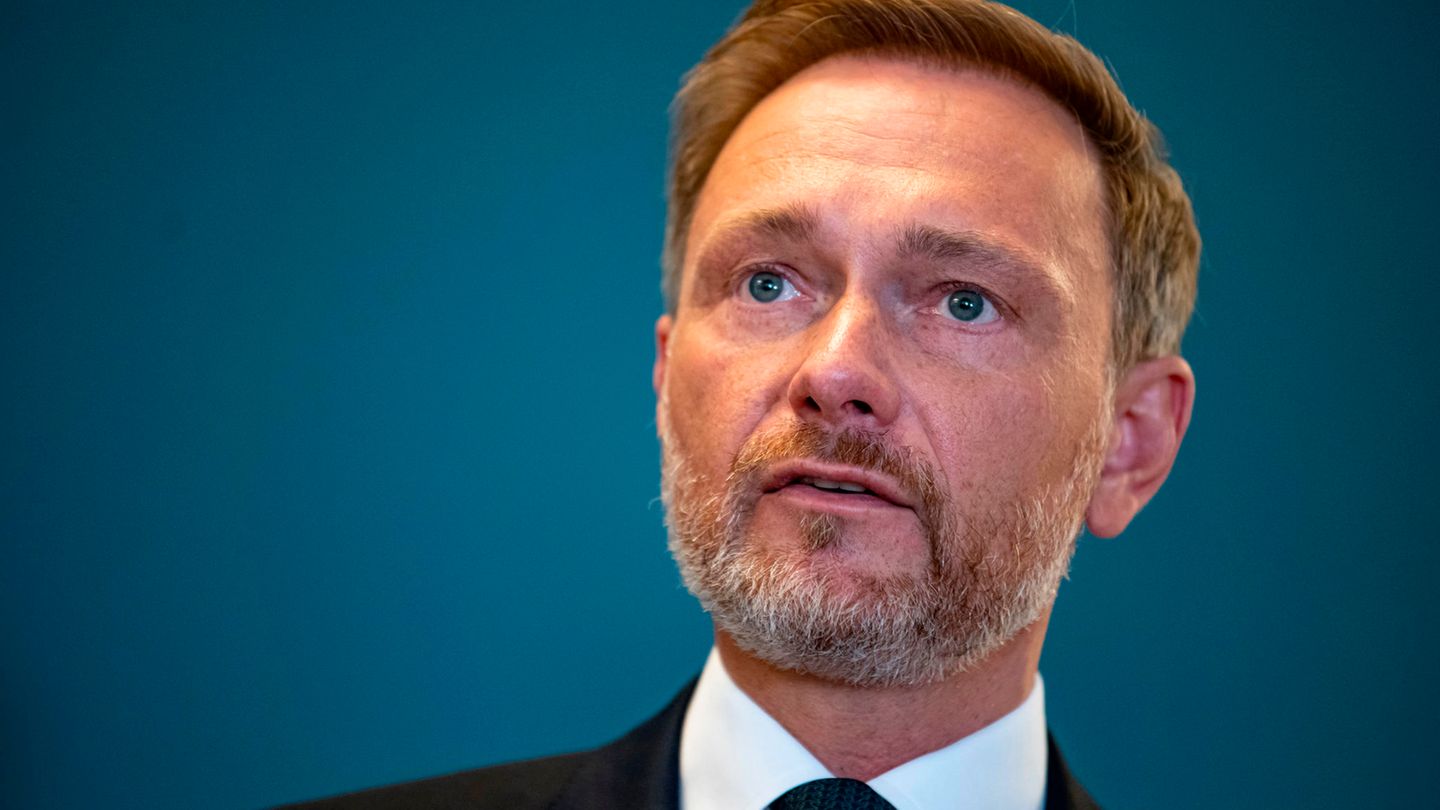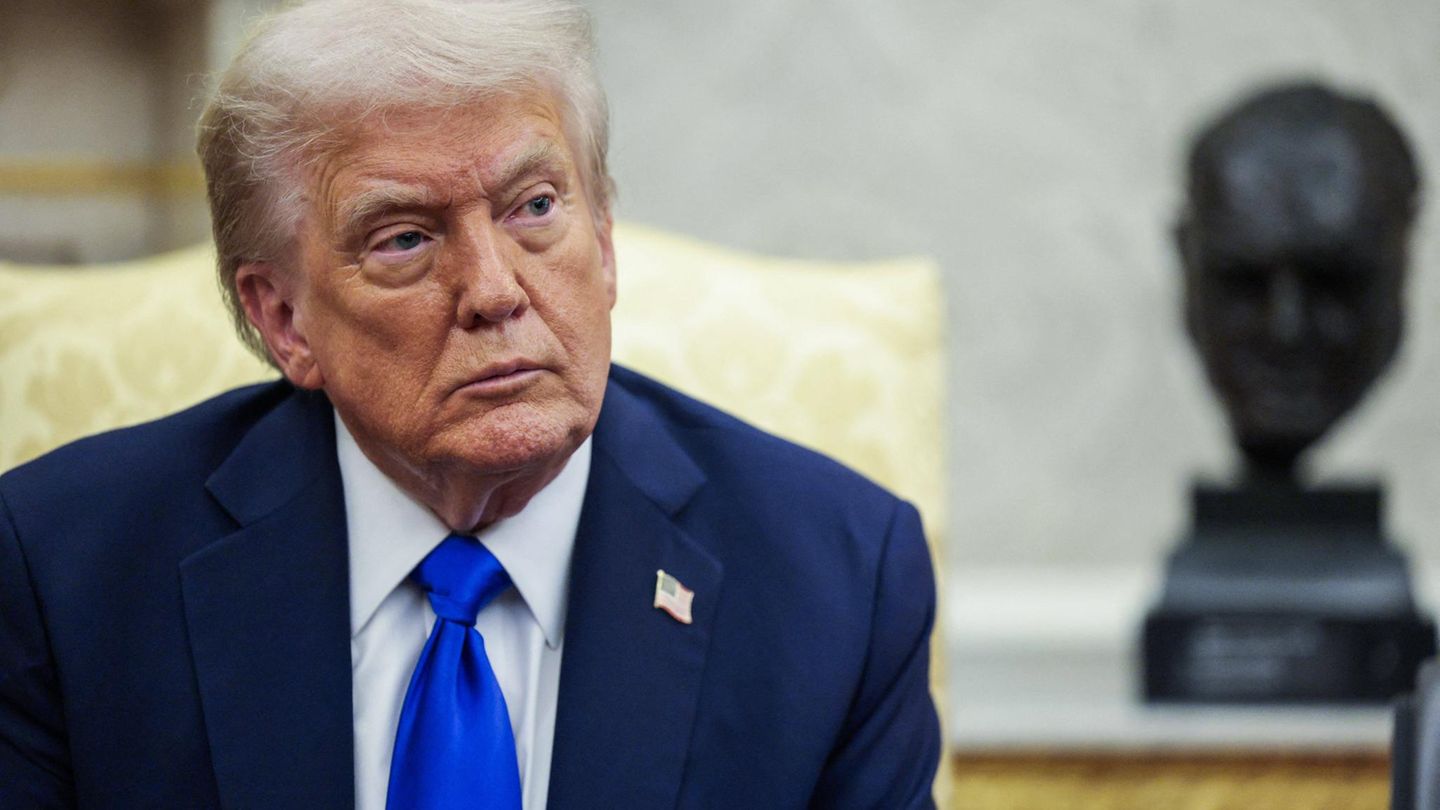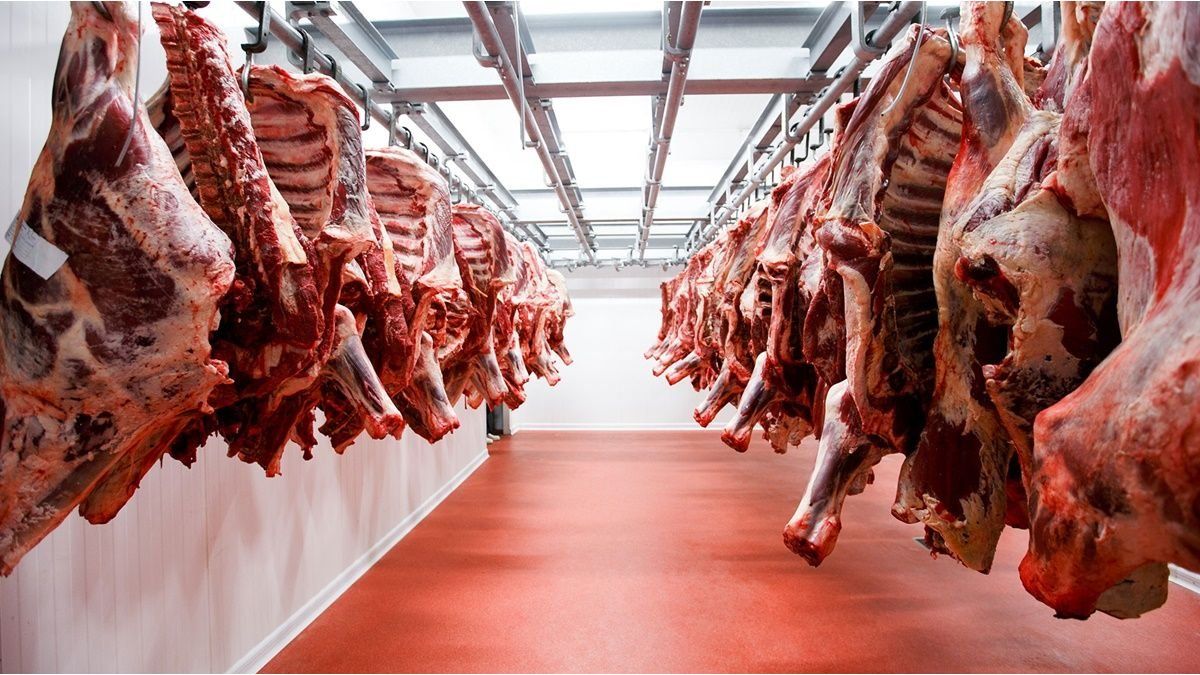Christian Lindner has taken a clear stance against the introduction of an excess profit tax on additional profits by oil companies as a result of high energy prices as a result of the Ukraine crisis. The Federal Minister of Finance described the project as “greatly wrong”.
Federal Finance Minister Christian Lindner (FDP) has spoken out against balancing tax relief for lower and middle incomes with higher tax rates for top earners. It was a “purely ideological determination to combine the relief of small and medium-sized incomes with the demand for additional burdens elsewhere,” Lindner told the “Handelsblatt”. He thus rejected corresponding demands from the ranks of the Greens and from Federal Minister of Economics Robert Habeck.
Christian Lindner: Additional tax burden “greatly wrong”
As the “Handelsblatt” reported, such proposals have been calculated in the Ministry of Finance. Accordingly, for a relief in return, the top tax rate would have to be increased from the current 42 to 57.4 percent from a taxable income of 80,000 euros per year. “Such a drastic tax increase for qualified specialists, trades and medium-sized businesses would strangle economic developments in our country,” Lindner told the newspaper. Also from the point of view of fairness and performance justice, a higher burden is “greatly wrong”.
Criticism also from the Union
The Union has also taken a clear stance against the introduction of an excess profit tax on additional profits made by oil companies as a result of high energy prices as a result of the Ukraine crisis. “The current discussion about taxing excess profits is the populist rehashing of old ideas. They are incompatible with market principles,” Bavaria’s Finance Minister Albert Füracker (CSU) told the German Press Agency. It may sound good on the surface to distinguish between good wins and bad wins. “It’s not serious,” said Füracker. “I am convinced that this arbitrary differentiation does not do justice to constitutional requirements,” said the minister. “Anyone who makes high profits also pays corresponding taxes on these profits. I don’t see how such an idea can be implemented correctly, both legally and administratively,” he added.
Other European countries as a model
Italy and Great Britain, among others, had introduced similar taxes. A corresponding proposal had come from the federal government, partly because there was a suspicion that the temporary reduction in the tax level to relieve citizens and companies would not be passed on in full by the energy companies.
Topic for the Federal Council?
The largest part of the three billion euros in tax money from the so-called tank discount will end up in the pockets of the oil companies, said the President of the German Institute for Economic Research, Marcel Fratzscher. An excess profit tax could instead be levied on the additional sales compared to 2021 and include a 50 percent tax on additional profits. Mineral oil companies would still make decent profits, but the state and thus the taxpayers would also share in these idle profits, he argued. At the request of Bremen, the topic is to be debated in the Bundesrat this Friday.

Watch the video: According to the words of Federal Finance Minister Christian Lindner, the Federal Cartel Office must ensure that the energy tax reduction for petrol and diesel reaches consumers.
Source: Stern
David William is a talented author who has made a name for himself in the world of writing. He is a professional author who writes on a wide range of topics, from general interest to opinion news. David is currently working as a writer at 24 hours worlds where he brings his unique perspective and in-depth research to his articles, making them both informative and engaging.




